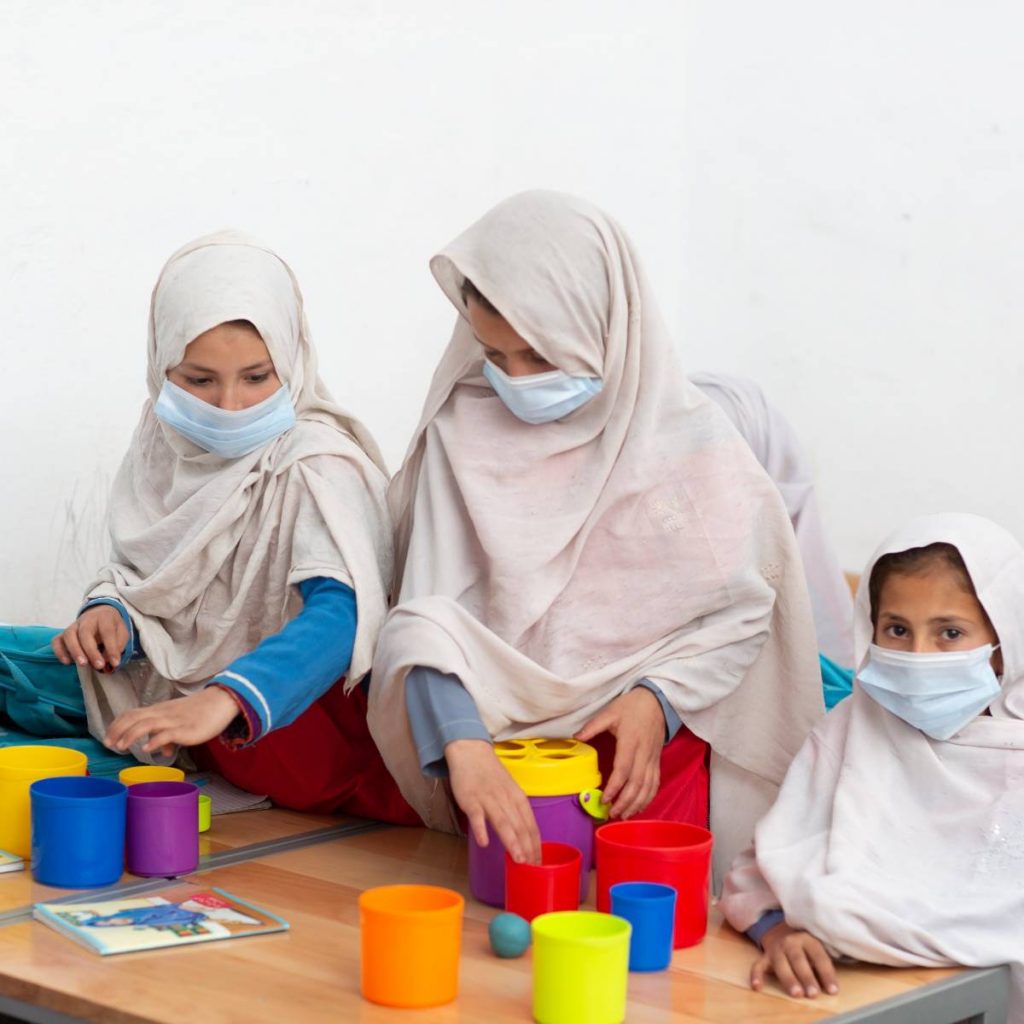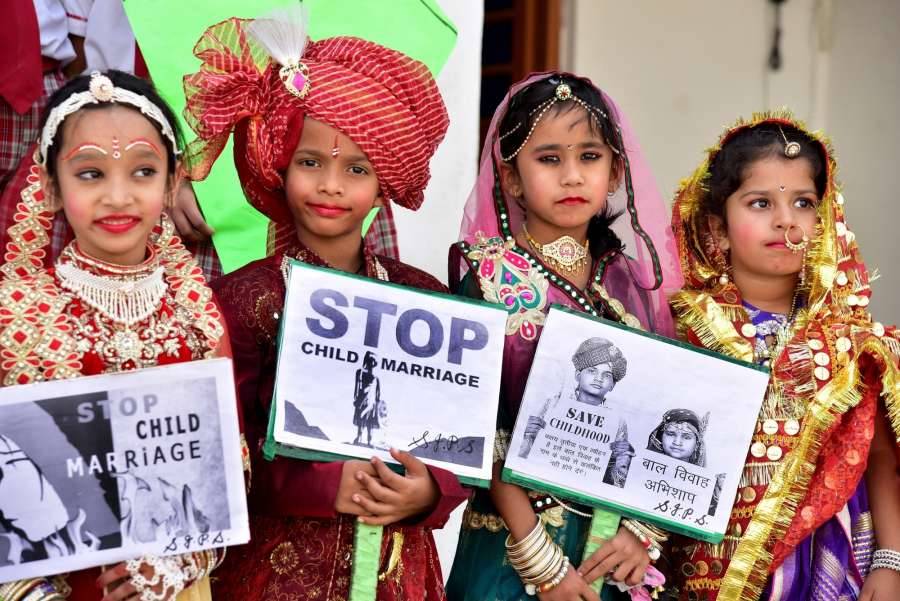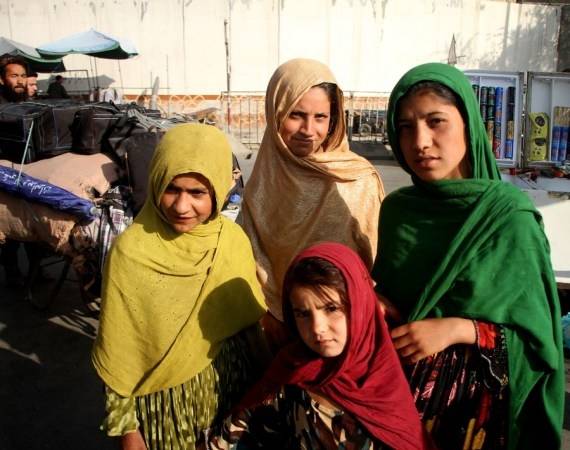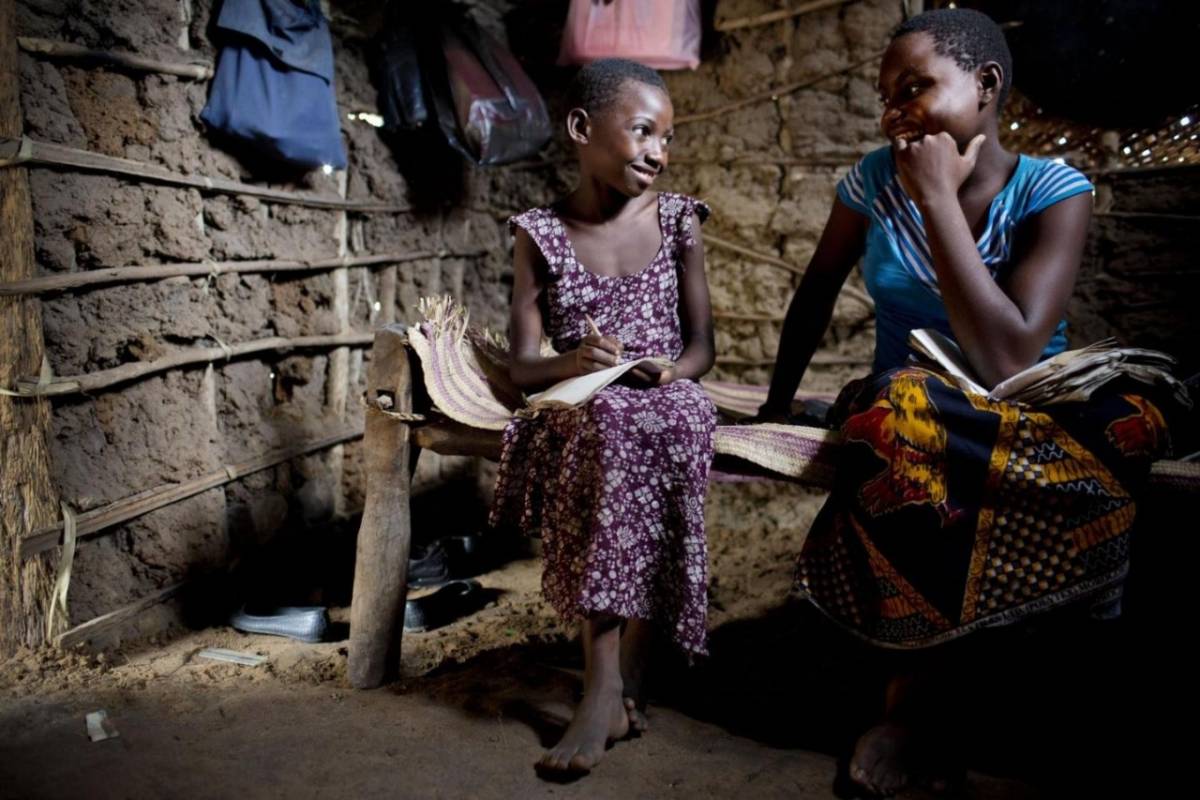Child marriages forced over 631,000 female students to either not attend school or leave classes midway due to early marriages, writes Dr. Sakariya Kareem
High rates of child marriages are crippling the lives of girls in Pakistan, forcing them to leave schools, bear children at tender age and manage families when they should have been swinging free with friends in parks and river banks.
The country witnesses over 600,000 child marriages in a year. As a result, Pakistan is home to nearly 19 million child brides; 1 in 6 young women are married in childhood.
The Pakistan Demographic Health Survey 2017-18, pointed out that 13.5 per cent of girls and 2.6 per cent of boys in Pakistan were victims of child marriage. The survey said 3.6 per cent of girls in the country get married before the age of 15; 18.3 per cent get married before the age of 18. The rate of child marriages was 23 per cent, all of which caused a financial loss to the national exchequer to the tune of $800 million.
Child marriages lead to an extraordinarily high rate of mortality, according to a joint research report of UN Women and the National Commission on the Status of Women, a national organisation working to improve the condition of women in the country. The report estimated that early childbearing and ignorance of reproductive health practices lead to high mortality, costing the country Rs 636 billion in a year. Early marriages also cause an annual increase of 21 per cent in the birth rate of children and 22 per cent in the death rate of children.

The joint UN report had much more stark reminders. Child marriages forced over 631,000 female students to either not attend school or leave classes midway due to early marriages. Of these, 360,000 were from the Punjab, 136,000 from Khyber Pakhtunkhwa, 170,000 from Sindh and 28,800 from Balochistan.
Child marriages have been cited as one of the main causes of domestic violence. About 14 per cent of the cases of domestic violence in the Punjab were attributed to early marriage. The rate was 42 per cent in Sindh, 53 per cent in Khyber Pakhtunkhwa and 50 per cent in Balochistan.
Early marriages also force women to leave the job market abruptly. This numbers about a 21 per cent reduction, estimated to be an indirect annual loss of Rs 26.8 billion in wages.
Although Pakistan signed the Convention on the Rights of the Child in 1990 under which marriage under the age of 18 was a violation of the human rights of children, the state has hardly done anything concrete to prevent such a large number of child marriages.

Experts cite poor health and sexual exploitation as two important outcomes of child marriages. Amjad Latif, advocacy and communication manager of Rahnuma, a member organisation of the Family Planning Association of Pakistan, said those who visited their medical facilities faced health problems due to early marriage. She pointed out that young girls also faced sexual exploitation due to ignorance and lack of financial independence.
A large number of women in Pakistan thus remain bonded to a practice which causes serious health and emotional problems. The state, despite conventions and speeches, remains oblivious to the critical needs of at least half of its population.
ALSO READ: Leaders Raise Concerns Over Child Marriage in Gilgit-Baltistan



